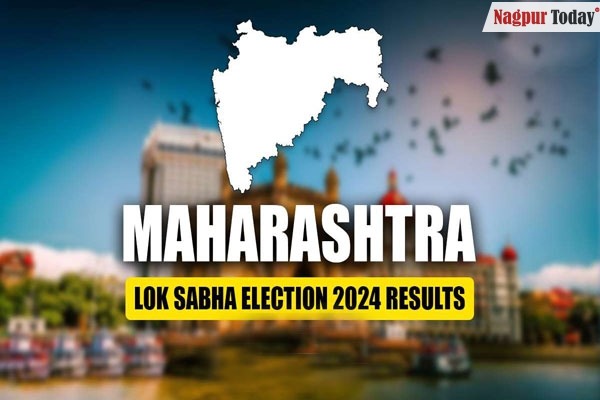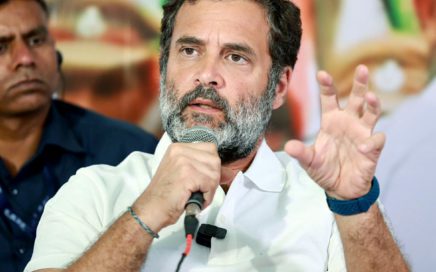
Nagpur: The 2024 Lok Sabha elections have brought significant shifts in Maharashtra’s political landscape, reflecting broader national trends and setting the stage for future electoral battles. As the dust settles, key insights into the state’s political dynamics emerge, marked by intriguing contests and shifting loyalties.
Shiv Sena (UBT) vs. Shiv Sena: A Battle of Legitimacy
The first seat declared in Maharashtra, Mumbai South Central, saw a decisive victory for Anil Desai of Shiv Sena (UBT), defeating Rahul Shewale of the CM Eknath Shinde-led Shiv Sena by a margin of over 55,000 votes. This victory is a substantial morale boost for Uddhav Thackeray’s faction, underscoring its resilience and popular support despite the split and ensuing internal battles. The Shiv Sena (UBT) has demonstrated its capacity to mobilize voters and compete effectively against the established CM-led faction.
INDIA Bloc’s Upper Hand
As per Election Commission figures, the INDIA bloc, a coalition of opposition parties, is leading in 27 seats, compared to the NDA’s 19 seats. This indicates a strong performance by the opposition, suggesting a robust challenge to the BJP-led alliance’s dominance. The INDIA bloc’s strategy of uniting diverse political entities appears to be paying off, offering a counter-narrative to the NDA’s development and governance agenda.
Family Feuds and Factionalism
In Baramati, a riveting contest between NCP (Sharad Pawar) and NCP (Ajit Pawar) saw Supriya Sule, daughter of Sharad Pawar, securing a significant lead over her sister-in-law Sunetra Pawar. This contest was not merely electoral but emblematic of the factionalism within the Nationalist Congress Party (NCP). Supriya Sule’s lead signifies the enduring influence of Sharad Pawar’s legacy and the challenges faced by Ajit Pawar’s faction in garnering similar grassroots support.
Conversely, in Beed, BJP’s Pankaja Munde is trailing, indicating potential vulnerabilities in traditional strongholds. The Munde family’s influence in Beed has been significant, and Pankaja Munde’s lag points to a possible shift in voter sentiment, necessitating introspection within the BJP’s state leadership.
Dominant Leads and Key Contenders
Till the time of publishing this article, several constituencies, including Jalgaon, Mumbai North, Raver, Osmanabad, Kalyan, Thane, and Nandurbar, have candidates with leads exceeding 1 lakh votes. These consolidated margins suggest strong voter mandates, likely reflecting effective campaigning and resonant local issues addressed by the leading candidates. Prominent figures such as Union ministers Nitin Gadkari (Nagpur), Piyush Goyal (Mumbai North), Narayan Rane (Ratnagiri-Sindhudurg), Raosaheb Danve (Jalna), Bharti Pawar (Dindori), and Kapil Patil (Bhiwandi) are expected to play crucial roles in the next phase of governance.
Implications and Future Prospects
The election results signify not just victories and defeats but also the evolving political narratives in Maharashtra. The Shiv Sena (UBT)’s win in Mumbai South Central and the INDIA bloc’s overall lead highlight the electorate’s nuanced choices and a possible inclination towards diverse political representations.
All eyes on Assembly elections next
As Maharashtra moves forward, these results will likely influence strategies for the upcoming state assembly elections. Parties will need to reassess their ground-level connect, address internal factionalism, and craft policies that resonate with the electorate’s aspirations and grievances.
The 2024 Lok Sabha elections have thus set a transformative tone for Maharashtra’s political future, hinting at both opportunities and challenges for its key political players.














